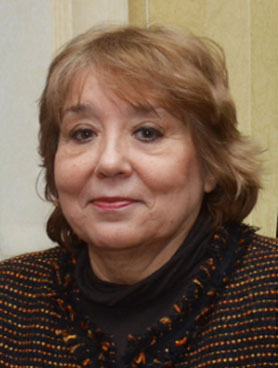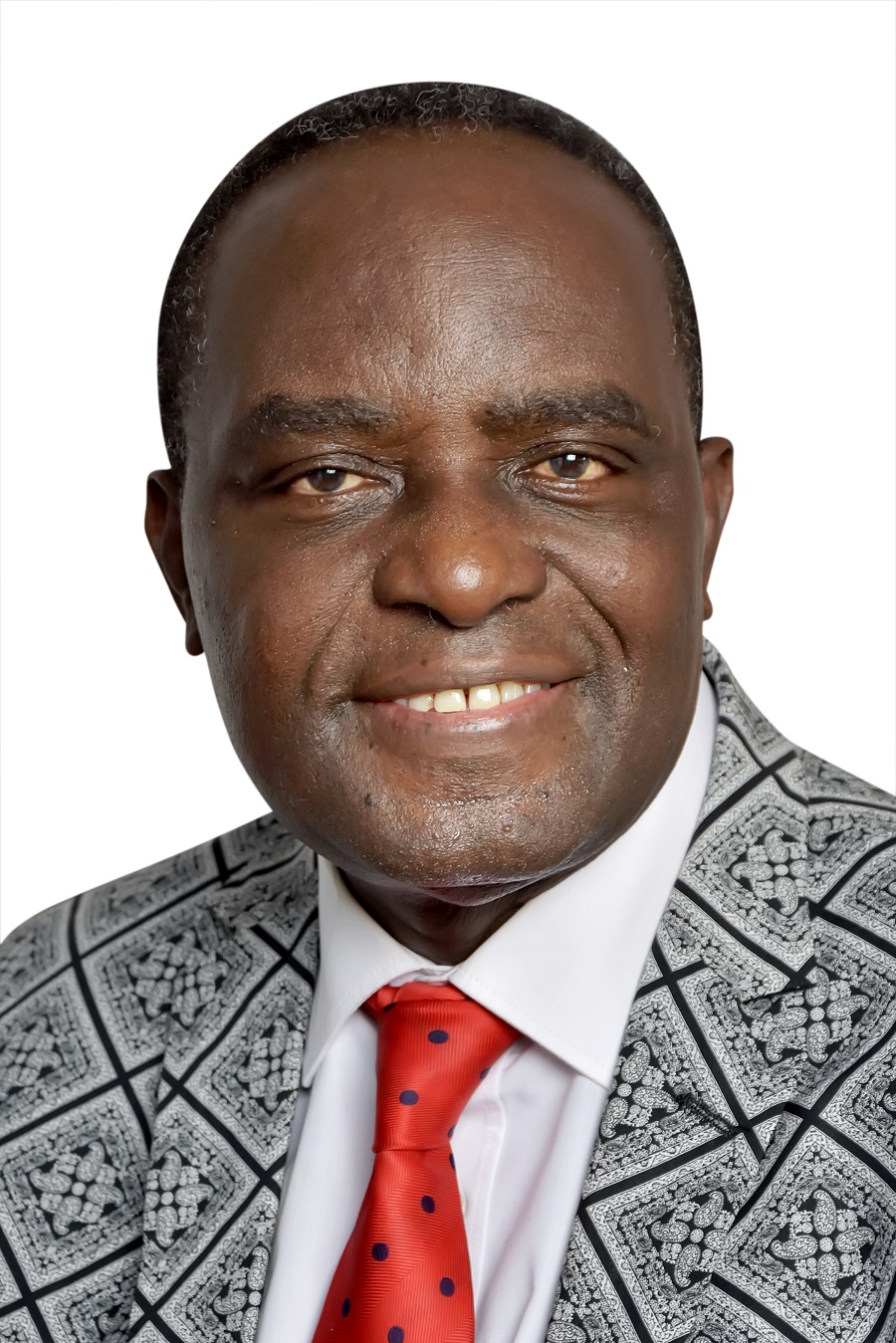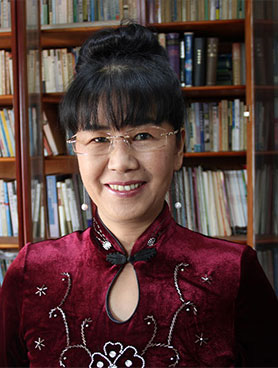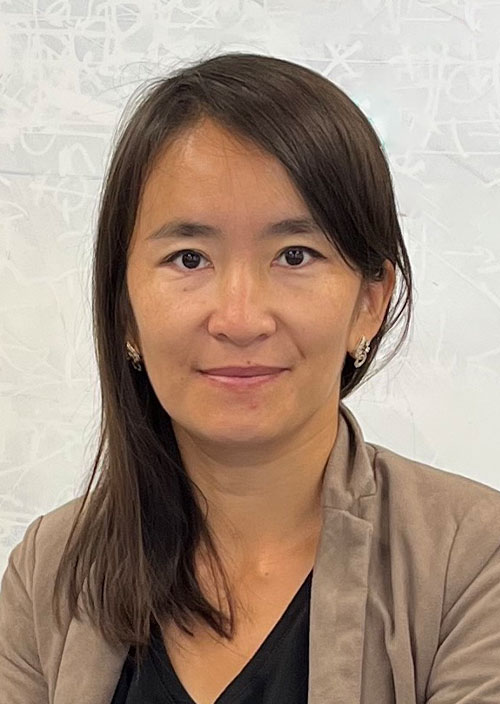An Anniversary for QI News

INTRODUCTION
Believe it or not, it has been one year since the re-launch of Quality International Newsletter (QI News). In that time, we not only celebrated the 10th anniversary of the CHEA International Quality Group (CIQG), but we have also witnessed the popularity of QI News grow to the point where as many as one thousand two hundred people have viewed some issues. Those numbers could not have been possible without you, and so, for that we thank ALL of you.
Quality International Newsletter continues to illuminate prominent events that impact quality assurance in higher education globally, such as the entry into force of UNESCO’s Global Convention on the Recognition Higher Education Qualifications. Be sure to read Andreas Snildal and Dounia Abderrahman’s (UNESCO Section of Higher Education) article as they discuss the significance of this convention. Similarly, you will also want to read the article written by Yulia Romanovska, (Professor and Vice-Rector, Ukrainian-American Concordia University, Ukraine) and submitted by Oleksandr Romanovskyi (Professor and Rector, Ukrainian-American Concordia University, Ukraine), that discusses efforts to assure quality in colleges and universities in Ukraine.
This issue also includes an interview with Tony Roche (Emerald Publishing’s Chief Officer for Publishing and Strategic Relationship), who advocates for an enhanced definition of quality research in higher education especially as it pertains to the benefit of mankind, in accordance with UNESCO’s Sustainable Development Goals. It also provides perspectives from expert quality assurance practitioners from China, Nigeria, and Kazakhstan.
It goes without saying that this anniversary issue of QI News is RICH with diverse types of content, all pertaining to global quality assurance in higher education. It is our hope that you enjoy this issue and consider how you might contribute to future issues. ENJOY!
Reflections on the Development of Higher Education and Accreditation
 During the years of the Covid-19 pandemic, and moreover during the cruel aggression of Russia against Ukraine, we at Ukrainian-American Concordia University (UACU) have been cooperating with our partners in discussions of the strong and weak points of educational processes and in what ways they may influence accreditation procedures and vice versa.
During the years of the Covid-19 pandemic, and moreover during the cruel aggression of Russia against Ukraine, we at Ukrainian-American Concordia University (UACU) have been cooperating with our partners in discussions of the strong and weak points of educational processes and in what ways they may influence accreditation procedures and vice versa.
Development of accreditation procedures varies from one country to another; however, the main principles do remain the same.
Many very important, useful, and innovative trends in higher education have been rapidly developing recently. They, together with higher education improvement, will become a source for positive, and negative, effects on accreditation procedures.
Issues concern several progressive spheres of higher education: online programs, artificial-intelligence development, student-mobility programs, double-diploma programs, dual programs, non-formal education, library resources, equipment development, and others. READ MORE
Yuliia Romanovska is Professor, Vice-Rector at the Ukrainian-American Concordia University in Kyiv, Ukraine.
Dr. Michelle Claville Interviews Emerald Publishing's, Tony Roche
The Entry into Force of UNESCO’s Global Convention on Higher Education: A Milestone for Recognition and Quality Assurance Internationally
 With the entry into force on 5 March of UNESCO’s Global Convention on the Recognition of Higher Education Qualifications, the first worldwide treaty on higher education has become legally binding for its States Parties. The Global Convention, establishing universal principles for the recognition of foreign qualifications, aims to improve equitable access to quality higher education, and enhance physical and virtual academic mobility everywhere. Its provisions provide a solid infrastructure for strengthening student mobility and inter-university cooperation across regions, complementing the scope of UNESCO’s five regional recognition conventions. READ MORE.
With the entry into force on 5 March of UNESCO’s Global Convention on the Recognition of Higher Education Qualifications, the first worldwide treaty on higher education has become legally binding for its States Parties. The Global Convention, establishing universal principles for the recognition of foreign qualifications, aims to improve equitable access to quality higher education, and enhance physical and virtual academic mobility everywhere. Its provisions provide a solid infrastructure for strengthening student mobility and inter-university cooperation across regions, complementing the scope of UNESCO’s five regional recognition conventions. READ MORE.
Andreas Snildal and Dounia Abderrahman, UNESCO Section of Higher Education
APQN’s Thirteen Innovative Actions of Quality Assurance during the COVID Pandemic
At the end of 2019, the COVID-19 pandemic broke out unexpectedly. The Pandemic disrupted education all over the world; school closures affected more than 1.6 billion learners. The Asia-Pacific region was one of the most disrupted regions. Approximately 1.2 billion students across the region lost about 1.1 trillion hours of in-person learning experience as a result of school closures. As a result of this unexpected situation, the way of education changed dramatically from face-to-face to screen-to-screen teaching and learning. READ MORE.
Jianxin Zhang is the fifth & sixth President of the Asia-Pacific Quality Network. She is also a CIQG Advisory Council Member.
Quickening Revitalization and Quality Enhancement in University Education in Africa through Curriculum Re-Engineering: A Case Study of Nigeria
 The African Union Agenda 2063 telescopes into a glorious future for the continent. The goal of the agenda subtitled “The Africa We Want” has education as a major pillar. Within this educational thrust, it aims to deliver on inclusive and sustainable development, with an intersect with the Sustainable Development Goals (SDGs). It is a manifestation of the pan-African drive for unity, self-determination, freedom, progress and collective prosperity pursued under Pan-Africanism and African Renaissance. One of the core educational strategies of Agenda 2063 is the Continental Education Strategy for Africa (CESA)- 2016-2025. This strategy is driven by the desire to set up a qualitative system of education and training to provide the African continent with efficient human resources adapted to African core values and therefore, capable of achieving the vision and ambitions of the African Union. Curriculum re-engineering is seen in CESA 2016-2025 as a major pathway to achieving “The Africa We Want” through education. READ MORE.
The African Union Agenda 2063 telescopes into a glorious future for the continent. The goal of the agenda subtitled “The Africa We Want” has education as a major pillar. Within this educational thrust, it aims to deliver on inclusive and sustainable development, with an intersect with the Sustainable Development Goals (SDGs). It is a manifestation of the pan-African drive for unity, self-determination, freedom, progress and collective prosperity pursued under Pan-Africanism and African Renaissance. One of the core educational strategies of Agenda 2063 is the Continental Education Strategy for Africa (CESA)- 2016-2025. This strategy is driven by the desire to set up a qualitative system of education and training to provide the African continent with efficient human resources adapted to African core values and therefore, capable of achieving the vision and ambitions of the African Union. Curriculum re-engineering is seen in CESA 2016-2025 as a major pathway to achieving “The Africa We Want” through education. READ MORE.
Peter Okebukola is Chairman, Nigeria National Universities Rankings Advisory Committee and Member. He is also a CIQG Advisory Council Member.
Higher Education and the Bologna Process
Quality assurance in education is an innovative path to progress. An effectively operating system of quality assurance in education makes universities competitive in the education and labour markets. During the years of independence, Kazakhstani higher schools demonstrated flexibility and adaptability to the most difficult conditions of the transition period. Despite the crisis, it was possible to preserve the intellectual potential of the country to ensure the accessibility of higher education. The most important innovative change in the higher education system was the entry of Kazakhstan in 2010 into the Bologna process. Following, accreditation has become an important and necessary resource to ensure quality and to promote the international character of higher education according to European standards. The autonomy of universities in light of the Bologna process was realized in the Kazakhstani higher school by refusing the State Education Programme Standard, followed by the forming of educational programmes with a high level of academic freedom in 2012. Kazakhstan as a developing Central Asian country has been on the way to integration of processes of accreditation into the system of education. READ MORE.
Gulden Manarbek, Ph.D. is Head of Department for Accreditation at al-Farabi Kazakh National University, Kazakhstan. Gulden is a visiting scholar at the Elliott School of International Affairs, George Washington University, USA. She is a holder of Bolashak International Fellowship under the Leadership in Higher Education Management Programme.
CHEA Hosts Delegations from the Middle East and the Kyrgyz Republic

The Council for Higher Education Accreditation (CHEA) continues to support quality assurance in higher education globally by hosting delegations from across the world who wish to learn about the quality assurance construct in the United States. In support of the International Visitor Leadership Program at the United States Department of State, CHEA hosted nine visitors from the various Middle Eastern nations on February 7, 2023, and a seven-member delegation from the Kyrgyz Republic on March 2, 2023.
In both meetings, CHEA Executive Staff members (Jan Friis, Senior Vice President for Government Affairs; Michelle Claville, Vice President for Research and Policy Analysis; and Loretta Waldron, Vice President for Recognition Services) gave an overview of the role of CHEA in ensuring and assuring quality in post-secondary education in the United States, and explained how each of the divisions that they oversee supported the organization’s work worldwide.
Announcement
"Quality Assurance in Higher Education Around the World" is a tribute to the breadth and depth of Dr. Judith Eaton's work on quality assurance in higher education, reflecting on her extraordinary career and its steadily increasing international focus. This book showcases the work of notable quality assurance scholars from around the globe. Peter A. Okebukola and Stamenka Uvalić-Trumbić led this initiative.
Calling All CIQG Members!!
 Remember that you are invited to submit articles or op-eds that focus on current topics relevant to quality assurance and international higher education. Please submit your articles, op-eds, announcements by May 15, 2023, for consideration of inclusion in the June 2023 issue of QI News.
Remember that you are invited to submit articles or op-eds that focus on current topics relevant to quality assurance and international higher education. Please submit your articles, op-eds, announcements by May 15, 2023, for consideration of inclusion in the June 2023 issue of QI News.
The views and opinions expressed in this newsletter do not necessarily reflect those of the Council for Higher Education Accreditation,
its International Quality Group, its Board, or its members.
Become a CIQG member, today!



